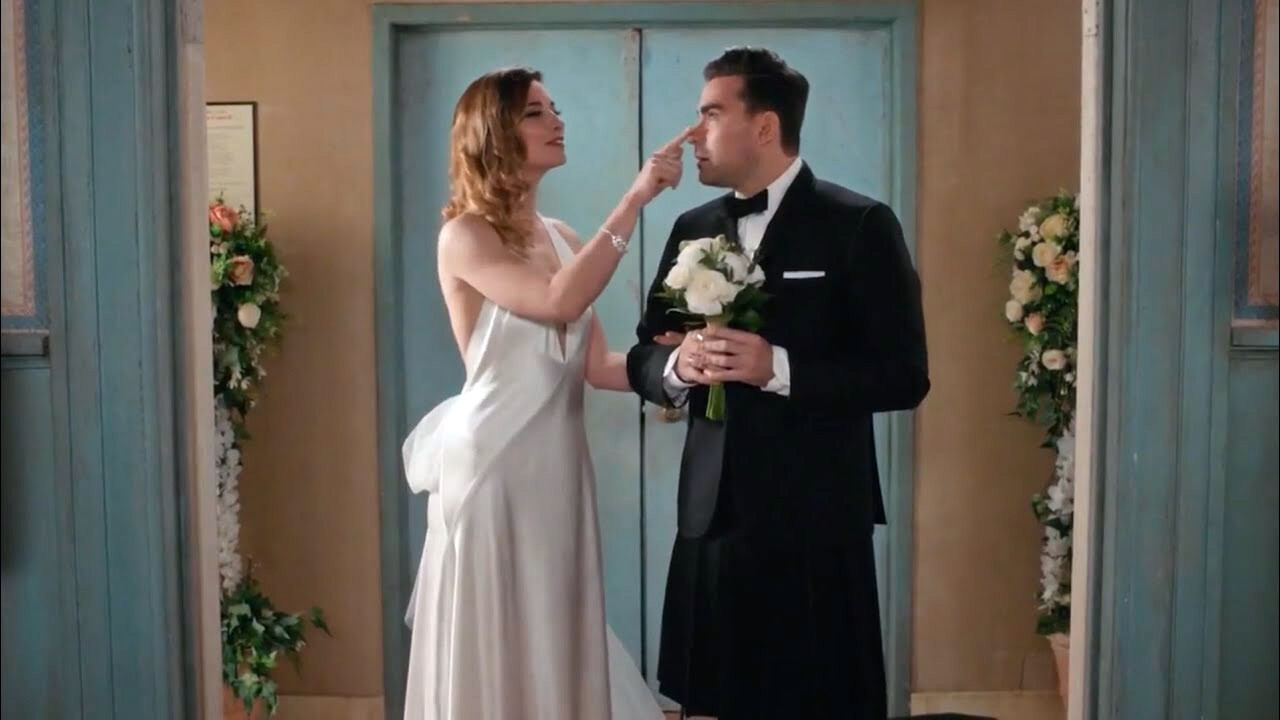The Terrible Thing 'Barry' Understands About Netflix

Freaking ninety-eight on Rotton Tomatoes? Way to go, Sally! All your self-involved hard work and blinders-on storytelling finally pays off in crazytimesh*tshow, AKA episode 5 of this season’s Barry. Sally’s daring dramedy, Joplin, about a mother advising her daughter to leave an abusive relationship, has its big premiere. The critics are all on board, despite even Sally’s fictional daughter recognizing Joplin as an exercise in Pot Calling the Kettle Black. Take a victory lap, girl!
But it turns out it’s not only the orchestra that’s playing Sally off. After only 12 hours on the front page of BanShe (a faux Netflix standin), Joplin is canceled, relegated to the odious nether regions of video search. The reason, according to the data-zombie executive who has to break the news?
“The algorithm felt it wasn’t hitting the right taste clusters.”
Don't Miss
Hilarious, reality-skewering satire of a Netflix world? More like a documentary. “Taste clusters” are a real thing at Netflix (and other services), around 2,000 data-driven “communities” that divide us streaming schmucks into predictable opinion camps. If your show pings the right taste clusters? You’re gold.If you’re a critical darling that doesn’t make the match? See ya.
Bill Hader has seen it happen in real time. “I did have a guy I worked with tell me, ‘Hey, I have a show. It’s gonna be on Netflix,’ and then going on Netflix and seeing it on the homepage that morning,” Hader told The Wrap. “Then I came back that night to watch it and it wasn’t on the homepage anymore so I searched it and it was like that joke that’s in there where she had to type out pretty much the whole thing before it showed up. That is from life.”
Hey, the numbers are the numbers. Of course, we don’t know what the numbers are. As Puck’s Matt Belloni laments, only a giant like Netflix can “avoid accountability by refusing to disclose meaningful consumption data.” A show isn’t performing? Well, we’ll have to take Netflix’s word for it because how else can we know?
But here’s what we do know: The comedy shows that built Netflix would not exist if they got their start on Netflix. Here are examples from the last three decades:
Seinfeld
NBC execs considered The Show About Nothing an iffy proposition, giving it a green light for only five episodes in its first season. Seinfeld did OK, nestled in the middle of NBC’s formidable Thursday night lineup, but stumbled in its second season
Castle Rock Entertainment
Seinfeld actually fared worse in its third season, #47, its lowest viewership yet. It was only NBC executives’ faith in the show’s quality that kept it rolling. You know the rest--Seinfeld found its audience and became a 1990s juggernaut.
The Office
Fast-forward a decade. 11.2 million curious viewers turned into the first episode of The Office. Sweet! But that number dropped by half for episode 2. By the end of the season, viewership was down to 4.8 million. The taste clusters spoke -- no one was watching!
Deedle-Dee Productions
But NBC exec Kevin Reilly thought The Office might catch on. “I had to go through really an excruciating process of dealing with some very heavyweight executives who were really quite sure that this was a terrible, terrible decision.”
The show stayed on and did OK. In 2020, it was by far the most popular show on Netflix and all of streaming, watched an incredible 53 billion (with a b) minutes.
Schitt’s Creek
Let’s go forward one more time, in case you think these are old-timey examples. Dan and Eugene Levy’s comic gem was an immediate hit in Canada -- at least by Canuck standards -- but only drew about 260,000 viewers on America’s Pop TV. (Quick -- is Pop TV in your cable package? Do you still have cable?)
Not A Real Company Productions
But the show grew 26% in its second season, eventually developing a cult following that led to a pick-up on, you guessed it, Netflix. Then it became a streaming phenomenon yada yada yada.
So here’s the irony for show’s like Sally’s Joplin. New shows, especially different shows that don’t fit into preexisting taste-cluster boxes, take some time to catch on. But thanks to Netflix’s data spew, “time to catch on” is no longer afforded.
Yet Netflix built its massive subscriber base on the strength of our comedy-binging, specifically shows like Seinfeld, The Office, and Schitt’s Creek. How can it maintain those users when the next generation of bingable comedy isn’t allowed to grow?
Maybe somebody ought to have a word with the algorithm.
For more ComedyNerd, be sure to check out:
5 Ways Comedy Movies Can Make A Comeback (By Learning From Horror)
Samantha Bee And Mindy Kaling’s Hilariously Weirdo Pre-Fame Projects
Solving the Mystery Behind SNL’s Celebrity Jeopardy
For ComedyNerd exclusive content and more, subscribe to our fancy newsletter:
Top image: Alec Berg Inc.
